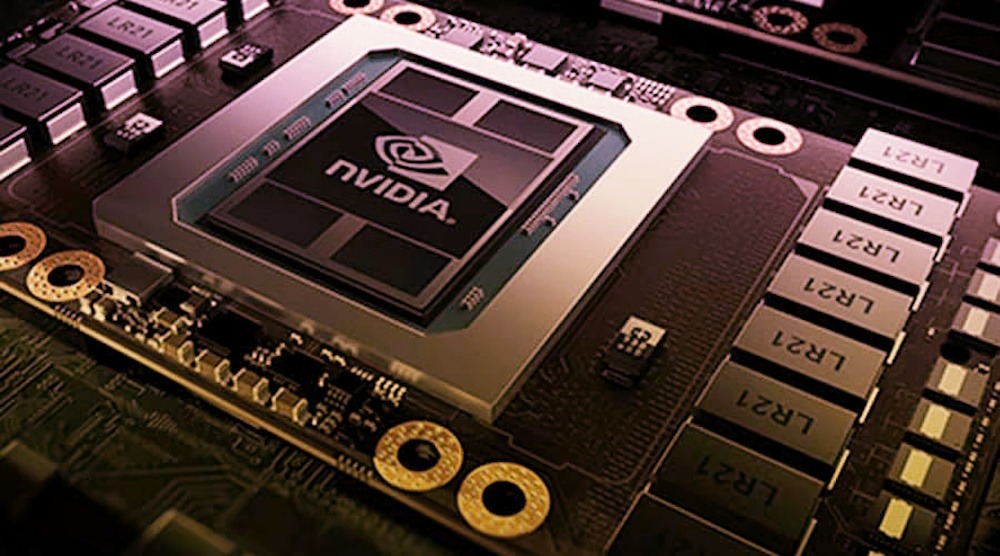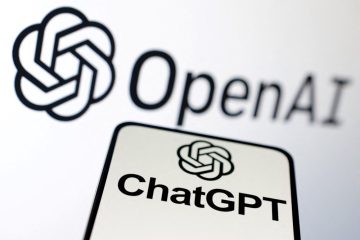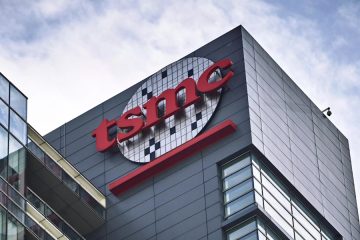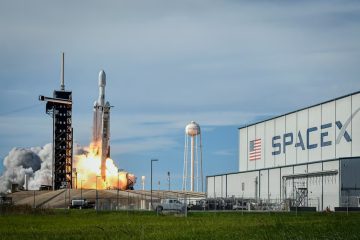Chinese buy Nvidia’s latest AI chips circumventing US restrictions

Chinese buyers are navigating around U.S. export restrictions to acquire Nvidia’s newest artificial-intelligence chips, highlighting the difficulties the Trump administration will encounter in restricting access to advanced American technology. In the country, traders are distributing computing systems equipped with Nvidia’s Blackwell chips by channeling them through intermediary entities in adjacent areas. Certain vendors assure purchasers of delivery within a six-week timeframe.
The recent transactions illustrate the ineffectiveness of U.S. restrictions aimed at preventing China from acquiring advanced AI processors, highlighting the persistence of trade despite such measures. Since 2022, Washington has enacted export controls aimed at restricting China’s access to semiconductors essential for the training and operation of advanced AI systems. In response, a clandestine network of brokers has emerged, seeking to circumvent these restrictions. The gray-market activity presents a significant challenge for the Trump administration, which is currently deliberating on strategies to navigate the technological rivalry with China. Beijing is actively advancing artificial intelligence initiatives, and the recent surge of interest in the Chinese AI firm DeepSeek has encouraged local enterprises to adopt the technology on a broader scale.
James Luo, a vendor operating in Shenzhen, the Chinese technology epicenter, reported that he secured an order exceeding a dozen Blackwell servers from a client based in Shanghai this past January. According to transaction records and a contract reviewed by The Wall Street Journal, the client placed approximately $3 million into an escrow account for the order, with Luo indicating his intention to dispatch the servers by mid-March. Chinese resellers, including Luo, indicated that they utilized entities registered outside of China to acquire Nvidia servers from firms located in Malaysia, Vietnam, and Taiwan. According to sources, these firms, comprising data-center operators and sanctioned Nvidia clients, procure the servers for internal utilization and subsequently resell a fraction to China.
Nvidia announced its intention to thoroughly examine all reports of potential diversion and implement suitable measures accordingly. It stated that clients seeking advanced AI technology require services and support, “none of which unidentified traders purporting to have Blackwell systems can offer.” Luo, a vendor from Shenzhen, along with other distributors, reported that certain resellers have been printing the unique serial numbers of resold devices onto older equipment, subsequently presenting these older machines for inspection.
In the waning days of its tenure, the Biden administration enacted some of its most stringent policies, instituting global limits on the acquisition of AI chips by various nations. One objective was to deter nations from serving as transshipment hubs for substantial quantities of chips intended for China. The measures are scheduled to be implemented later this year; however, the Trump administration has not clarified its intentions regarding their continuation. Following the implementation of Biden’s regulations in late 2022, a burgeoning network of intermediaries emerged, occasionally facilitating the transport of limited quantities of chips into China via human couriers. The enterprise has evolved into a more advanced network capable of managing the documentation, international transactions, and logistics involved in transporting large servers and rack modules equipped with cutting-edge chips across borders.
Chips are increasingly being marketed not as standalone products but as integral components of comprehensive systems produced by manufacturers like Dell Technologies and Super Micro Computer. Dell and Super Micro have asserted their adherence to export controls and indicated their willingness to take action should any misconduct be uncovered. Even if Chinese entities manage to procure Nvidia’s latest chips, they may find themselves lacking the necessary quantities to construct world-leading AI systems. Executives in the U.S. AI sector have indicated plans to incorporate hundreds of thousands of chips, significantly exceeding the offerings from Chinese suppliers. Nonetheless, the Chinese startup DeepSeek has recently asserted that it has developed competitive AI models utilizing a reduced number of chips.
In the interim, Chinese firms are ramping up their orders for Nvidia’s H20, the most formidable chip not subject to American export restrictions, according to industry insiders. Prominent players in the local cloud-computing sector, including Alibaba, Tencent, and ByteDance, are increasing their acquisitions of H20s, driven in part by expectations that the Trump administration may soon impose export controls on the chip, according to sources.








